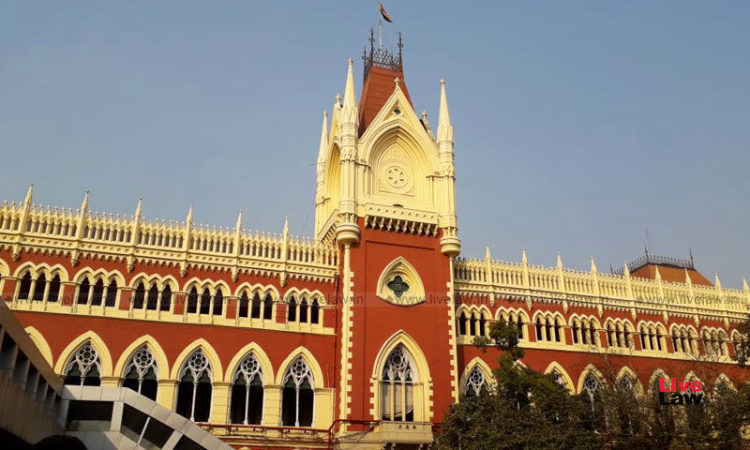The Calcutta High Court has held that the GST department cannot compute the penalty amount on a higher value than the invoice value without proper evidence and reason.The bench of Chief Justice T.S. Sivagnanam and Justice Hiranmay Bhattacharyya has observed that a transporter or owner of the goods is bound to carry certain documents as mentioned in the Act that are to accompany the goods. In...

